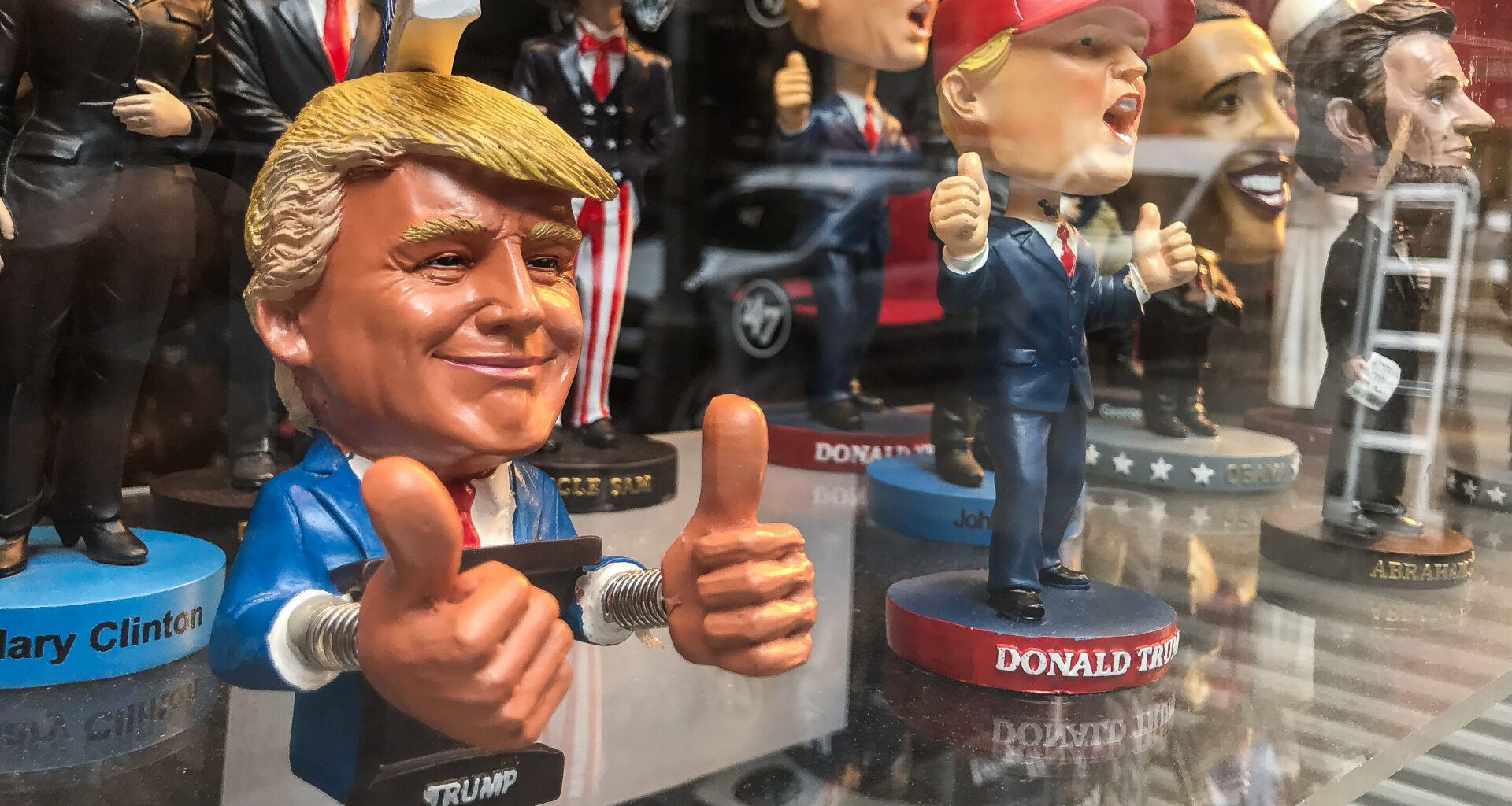As Donald Trump flexes his power across the U.S. government, the only constraint may come from the market economy, says analyst Steve Okun.
As Donald Trump continues to flex his power across the U.S. government and beyond, the president may only be constrained by the fluctuating market economy while he attempts to implement sweeping tariffs against America’s top trading partners.
Steve Okun, political analyst and founder of APAC Advisors, said Trump is increasingly going it alone, bolstered by the unstinting loyalty of top aides, while pressing an agenda that appears limited only by the volatility of the markets.
Virtually all of the inherent barriers that set limits on Trump’s agenda during the first term – congressional oversight, skeptical Cabinet members and a once-robust legal community – have either fallen or now wield considerably less influence, transforming a campaign pledge of “America First” to “Trump First,” he said.
“All those guardrails have gone away,” Okun told National Press Foundation International Trade journalism fellows in Singapore. “All that we have left is the market and the market works sometimes and sometimes it doesn’t.”
Trump Tariffs: What Happens July 9?
Trump’s tariff policy faces an key deadline July 9, which ends a 90-day pause on sanctions that threaten to reignite a global trade war and inject new uncertainty into the financial markets.
“Now we have the nightmare scenario of Trump’s tariffs heading towards Asia,” Okun said. “He said he was going to do this during the campaign. And so that’s my main lesson: If you really want to understand Donald Trump and what he might be doing, just listen to him and believe him. And when he has control over something, he will act on it.”
Trump has stepped back from the precipice before, relaxing some of his most strident trade sanctions and directing the 90-day tariff schedule pause, actions that highlight the market’s increasing influence in Trump 2.0, Okun said.
“The market is the guardrail, right? But the market works as a guardrail when you’re really going to damage the market,” Okun said.
The president’s approach to the market economy is unlike any other occupant of the White House, referring to the United States as the “giant beautiful store” where everyone wants to shop. It is also the place, Okun said, where Trump has exercised full control of the “store,” setting the prices and setting the terms of trade agreements.
“This is his philosophy when it comes to trade; this is his philosophy when it comes to negotiating trade agreements: Vietnam, you want to export to the United States? You will do what I say because this is my store. It’s not Congress’s store, it’s not anybody else’s store, it’s his store. So he does mean this and we can see this playing out.”
This fellowship is part of an ongoing program of journalism training and awards for trade coverage sponsored by the Hinrich Foundation. The National Press Foundation is solely responsible for the content. All programs are on the record. Resources and transcripts are available to journalists worldwide.
